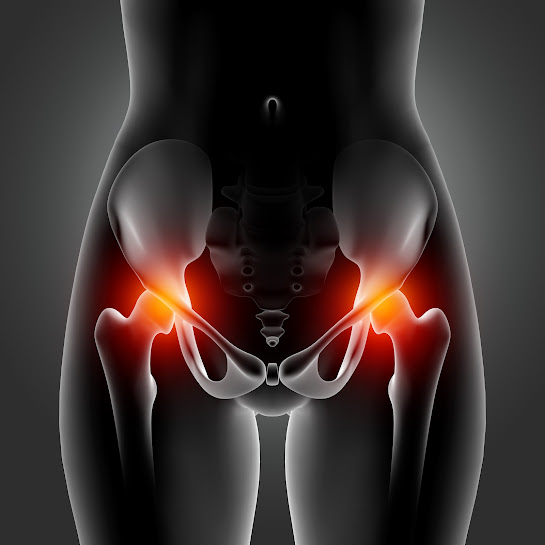How To Prevent Urethral Stricture Recurrence?
Causes of Urethral Stricture
A few typical reasons are injuries to the urethra, infections including STIs, harm from surgical instruments, and illnesses that induce edema. Other reasons include prostate surgery, kidney stone removal, urinary catheterization, and injuries sustained from falls onto the scrotum or perineum.
However, the most common cause of urethral stricture is scar tissue formation following injury or surgery. In some cases, the cause of the stricture cannot be determined.
Treatment for Urethral Stricture
If you have been diagnosed with urethral stricture, it is important to follow your treatment plan as it recurs. Treatment for urethral strictures typically involves dilation of the urethra, which can be done in a number of ways. Your doctor will work with you to determine the best course of treatment based on the severity of your stricture and your overall health.
Dilation: It is a common treatment for urethral strictures and involves gradually widening the urethra. This can be done using a series of progressively larger dilators or by passing a balloon through the urethra. Dilation helps to break up the scar tissue that is causing the stricture and can help to keep the urethra open.
Urethroplasty: The surgical procedure known as urethroplasty is used to remove the stricture or the restricted area of the urethra. Additionally, the urethra is properly repaired, allowing for the simple passage of urine. Urethroplasty is a very precise procedure that should only be carried out by qualified, experienced surgeons.
Regrow Biosciences is a biotech company that provides cell treatment that offers another option for stricture treatment. By using the patient's own cells which are taken from their bone marrow during an autologous procedure UREGROW® Epithelial Cell Therapy cures urethral stricture. After the epithelial cells are implanted, a layer of fresh tissue called an epithelialization layer is created at the site of the stricture, alleviating patient symptoms.
The stricture's recurrence cannot be prevented by the therapy alone. Here are some measures you can take in addition to stricture to prevent a recurrence:
First, it is important to follow up with your doctor after treatment for urethral stricture. This will help ensure that the stricture has healed properly and will help catch any recurrence early.
Second, avoid anything that could irritate or injure the urethra. This includes activities such as riding a bicycle or horseback riding. If you must do these activities, wear protective clothing such as a jockstrap or cup.
Third, avoid straining the bowel movement as it can put pressure on the urethra and lead to recurrence. Consume a high-fiber diet and drink plenty of fluids to avoid constipation.
Fourth, quit smoking. Smoking can irritate the urethra and increase the risk of recurrence
Conclusion
Many men suffer from urethral stricture silently. But is important to know that if neglected or left untreated, it may worsen the quality of life. In order to prevent additional harm to your health and wellness, it is crucial that you seek medical attention as soon as you notice any symptoms that may be related to urethral stricture.
.jpg)


Comments
Post a Comment